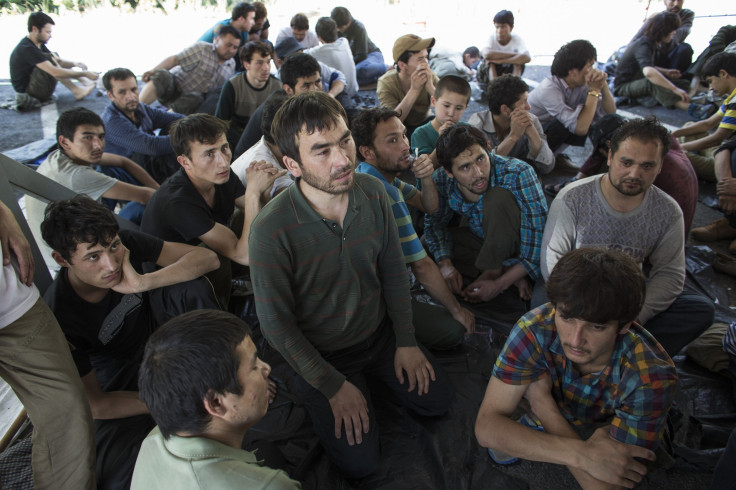Thailand Deports 109 Uighurs To China, Protesters Attack Thai Consulate In Turkey

Thailand deported 109 Uighur Muslims -- who had fled China's troubled western Xinjiang region -- back to China Wednesday. The move comes despite calls from international rights groups to safeguard the minority community that might face possible persecution at the hands of the Chinese government.
Thai authorities reportedly confirmed Thursday that the 109 Uighurs, along with others who claimed to be from Turkey, were sent back after their nationalities were determined.
"We found that about 170 of them were Turkish, so they were recently sent to Turkey," Maj. Gen. Verachon Sukhonthapatipak said, according to the Associated Press (AP). "And about 100 were Chinese, so they were sent to China as of this morning, under the agreement that their safety is guaranteed according to humanitarian principles."
Both China and Turkey claim to be the country of origin of the Uighurs who were detained last year by the Thai immigration authorities for illegally entering the country, Bangkok Post reported.
The deportation reportedly resulted in a mob attack on the Thai consulate in Turkey late Wednesday. Protesters hurled stones at the building and damaged offices. According to Thailand's foreign ministry, no casualties were recorded. The Thai Embassy in Ankara advised 1,300 Thai citizens living in Turkey to be on alert, Channel News Asia reported. The consulate section of the Thai Embassy in Turkey will remain closed on Thursday following the attack.
According to the AP, the Uighurs are a Turkik-speaking Muslim minority in Xinjiang and blame China for curbing them culturally and economically. China, however, attributes the region's troubles to religious extremism. It also reportedly launched a fight against terrorism in Xinjiang, where ethnic violence has killed hundreds of people over the last two years.
Human rights groups have expressed dismay over Thailand's decision to deport the Uighurs. "It is very shocking and disturbing that Thailand caved in to pressure from Beijing," Sunai Phasuk, Thailand researcher at New York-based Human Rights Watch, told Reuters. "By forcibly sending back at least 90 Uighurs, Thailand has violated international law. In China they can face serious abuses including torture and disappearance."
© Copyright IBTimes 2025. All rights reserved.






















